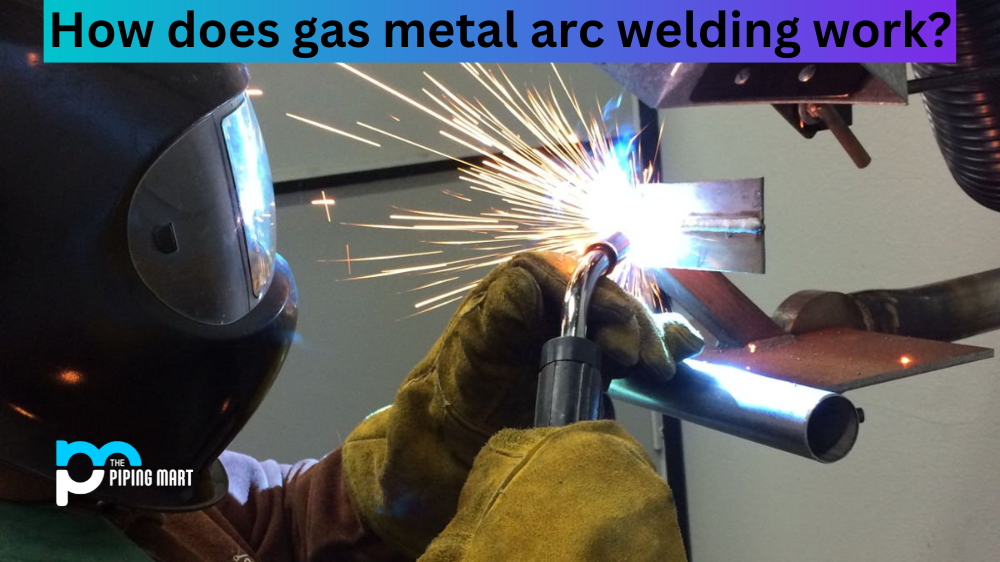Non-ferrous materials are most commonly used in the process piping industry. The main reason is that these materials do not contain iron and has excellent tensile strength. There are many materials that are suitable to use in this industry:
Nickel and Nickel Alloys
Nickel and its alloys are perfect to use in the piping systems in many industries such as oil and gas, power generation, etc. This material ideal to use in extreme heat environments because of its resistance property, and it has a passivating oxide coating on its covering. Nickel-copper, nickel- Molybdenum, and nickel-chromium are the most common alloys of Nickel. Nickel and its alloys offer resistance against corrosion and oxidation. This material is suitable to use in applications where alkalis or storing caustic soda is present. It is generally utilized in seawater and mild atmospheric applications.
Plastics
The plastic is widely used in applications where temperatures and pressures are comparatively moderate. This material is light in weight, easy to manufacture and install, has low abrasion properties, and works as an electrical and thermic insulator. The regular plastic material types involve thermosetting and thermoplastic plastics. Plastic has many excellent features such as minimum installation and maintenance expenses, sturdy, reliable, extremely chemical-resistant, and can withstand different temperatures, which depend on the combination of elements.
Copper and Copper Alloys
Copper and its alloys are mostly preferred in applications where heat and thermal conductivity are significant criteria. Copper-tin, Copper-zinc, and copper-nickel are the most common alloys of copper. This non-ferrous material offers good corrosion resistance, has excellent thermal conductivity, high malleability, and it is suitable to use in applications like seawater, heat exchangers, boilers, etc.
Aluminum and Aluminum Alloys
Aluminum is used in the process piping industry because of its low weight and outstanding corrosion resistant abilities. This non-ferrous material is suitable to use in planes, railway, gas storage containers, cars, etc. Aluminum can be alloyed with silicon, zinc, manganese, copper, and magnesium. With a maximum thermal conductivity, suitability with various environmental conditions, and properties like easy casting, forging, machining, and welding, this material is perfect to use in many applications.
High alloys
The materials which are containing a high amount of Nickel are called high alloys. Hastelloy has various grades such as Hastelloy B2, including 61% of Nickel and 28% of Molybdenum. These alloys have excellent resistance against diverse chemical environments at all temperature ranges in the absence of oxidizing factors.
Titanium
Titanium is another widely used non-ferrous material in the process piping industry. This material is commonly used in construction material. It is strong and of medium weight. Titanium offers corrosion resistance in oxidizing and moderate reducing media. With the features like resistance against crevice corrosion and pitting attack in seawater, Titanium is used in seawater piping applications.
Thermoplastics
Tetrafluoroethylene/ TFE/ Teflon is the most chemical-resistant plastic which is used in the piping industry. This thermoplastic is suitable to use in applications related to alkalis and acids. This material can maintain its qualities up to 260 deg C. Perfluoroalkoxy/ PFA is another thermoplastic that has good properties like excellent chemical resistance at a temperature up to 300 degrees.

Pipingmart is B2B portal specializes in industrial, metal and piping products. Also, share latest information and news related to products, materials and different types grades to help business dealing in this industry.




